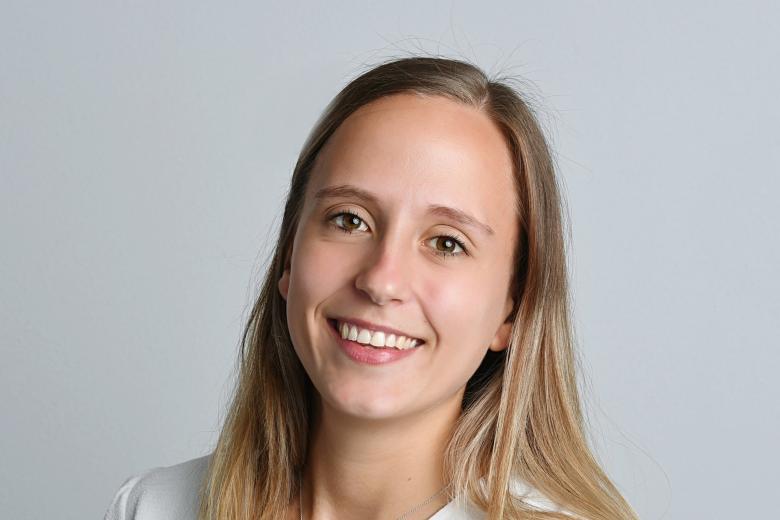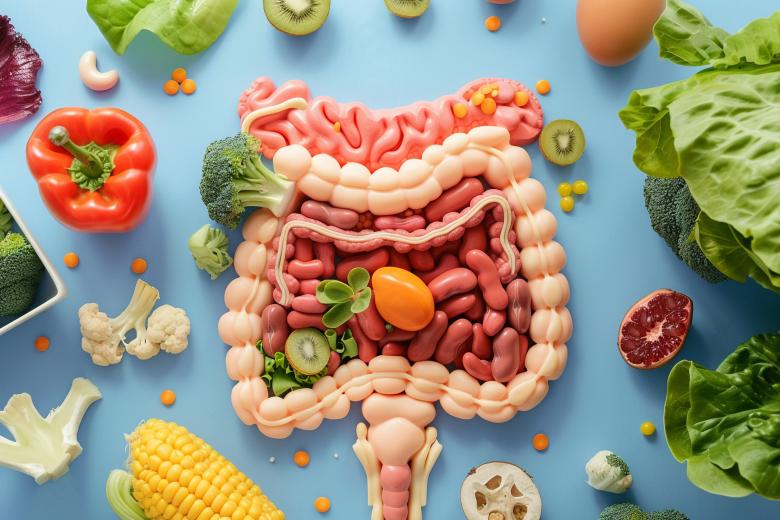Covenant signed between Museum of Natural History and Maastricht Science Programme
A covenant was signed today by the Maastricht Museum of Natural History and the Maastricht Science Programme (MSP) - Maastricht University. The signatories included Mieke Damsma, alderman of Culture; Martin Paul, chair of the Maastricht University Executive Board; Thomas Cleij, dean of the Maastricht Science Programme; and Stef Niekamp, director of Centre Céramique, Kumulus and the Maastricht Museum of Natural History (NHMM).
Impact for the city, students and the university
The parties hope this collaboration will stimulate research on Maastricht’s natural science collections and ensure the continuity of joint projects that focus on the biology, geology and palaeontology of South Limburg in general and the Maastrichtian in particular. Maastricht hopes to see the MSP curriculum align more closely with the regional environment. The museum and the ENCI quarry offer excellent opportunities for this. It will inspire close collaboration in the scientific study of the biology, geology and palaeontology of Limburg. Collections will be made available for MSP to facilitate student research and graduation projects. Students will compile these findings into innovative presentations for a wider audience. This will give the Maastricht Museum of Natural History more facts and stories about its Maastricht collections. The covenant is another step on the path set out in collaboration with the Education Lab and Science Lab that aims to make science an immersive experience.
Limburg has the most biodiversity of all Dutch provinces
Limburg has more biodiversity than any other Dutch province. The NHMM collections contain historical information about the biodiversity of Limburg and the surrounding area. Comparing the collections to natural elements that can be seen today makes it possible to determine time-related changes and to research the impact of climate change. There are also fundamental scientific questions to be addressed. This introduces the general public to the changes in the exceptional nature of Limburg.
Initial results
MSP students created an exhibition for last year’s Museum Night on animal parenting styles in tropical rainforests. This was used as a teaser for the Mama exhibition. MSP students will also contribute to this year’s Museum Night in the NHMM. The students experimented with various augmented and virtual reality techniques that will help the museum reflect on innovating their exhibitions.
Also read
-
Why some people hesitate to vaccinate and how healthcare can address this
Doubts about vaccination continue to be a significant challenge for global public health. The World Health Organisation (WHO) has listed vaccine hesitancy as one of the top ten threats to global health.
But what exactly is vaccine hesitancy and how does it impact our society? How can we address it...

-
New technique measures live activity of gut bacteria
Professor Ellen Blaak, PhD Gilian Larik and research team are tracking in MRUM fermentation chambers, how gut bacteria respond to food.

-
GROW research: all-in-one test for genetic defects in embryos🧪
Researchers at Maastricht UMC+ and GROW have developed a technique that can analyse the entire genome in a single test, allowing for faster determination of embryos suitable for successful pregnancy.
